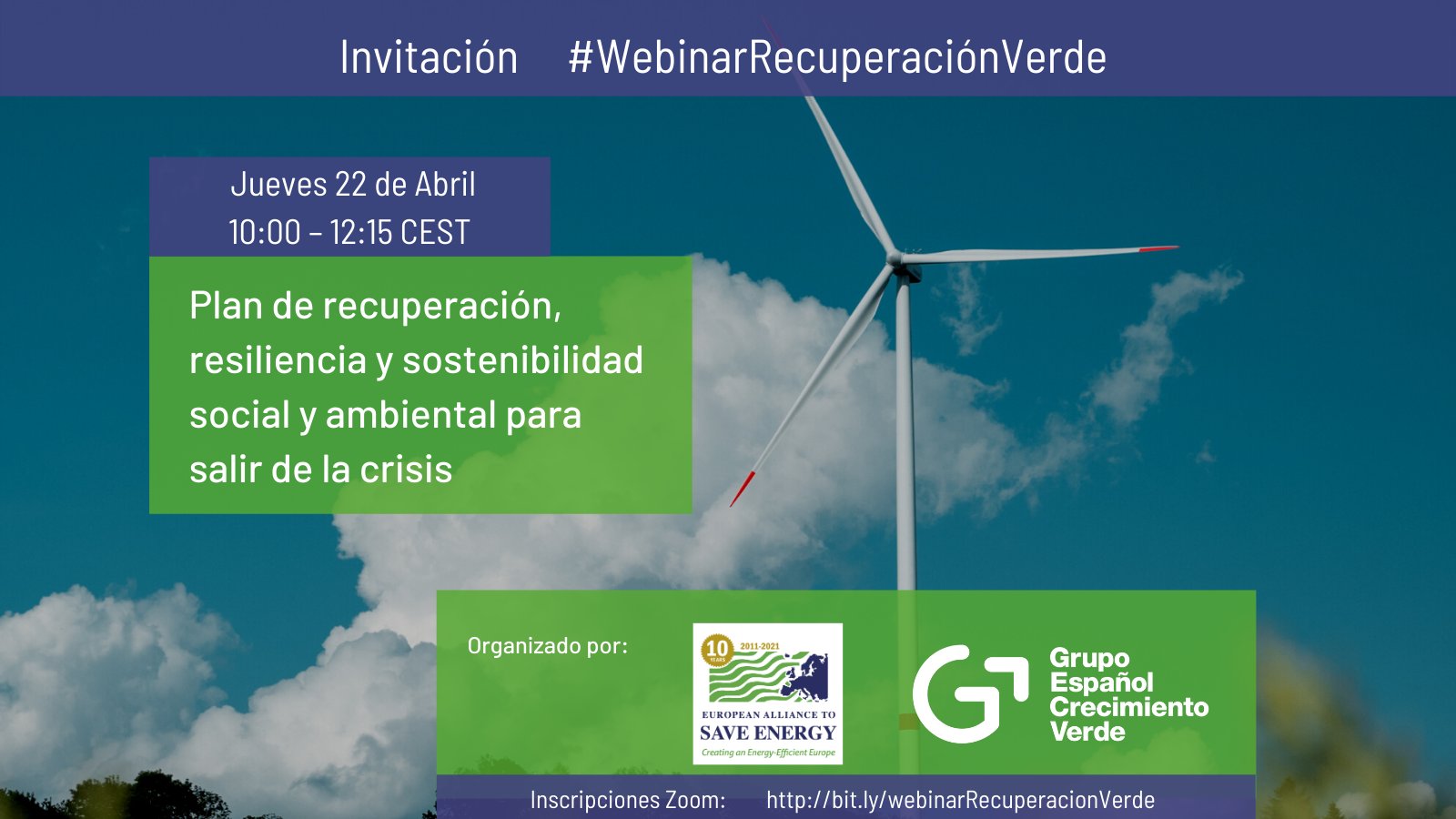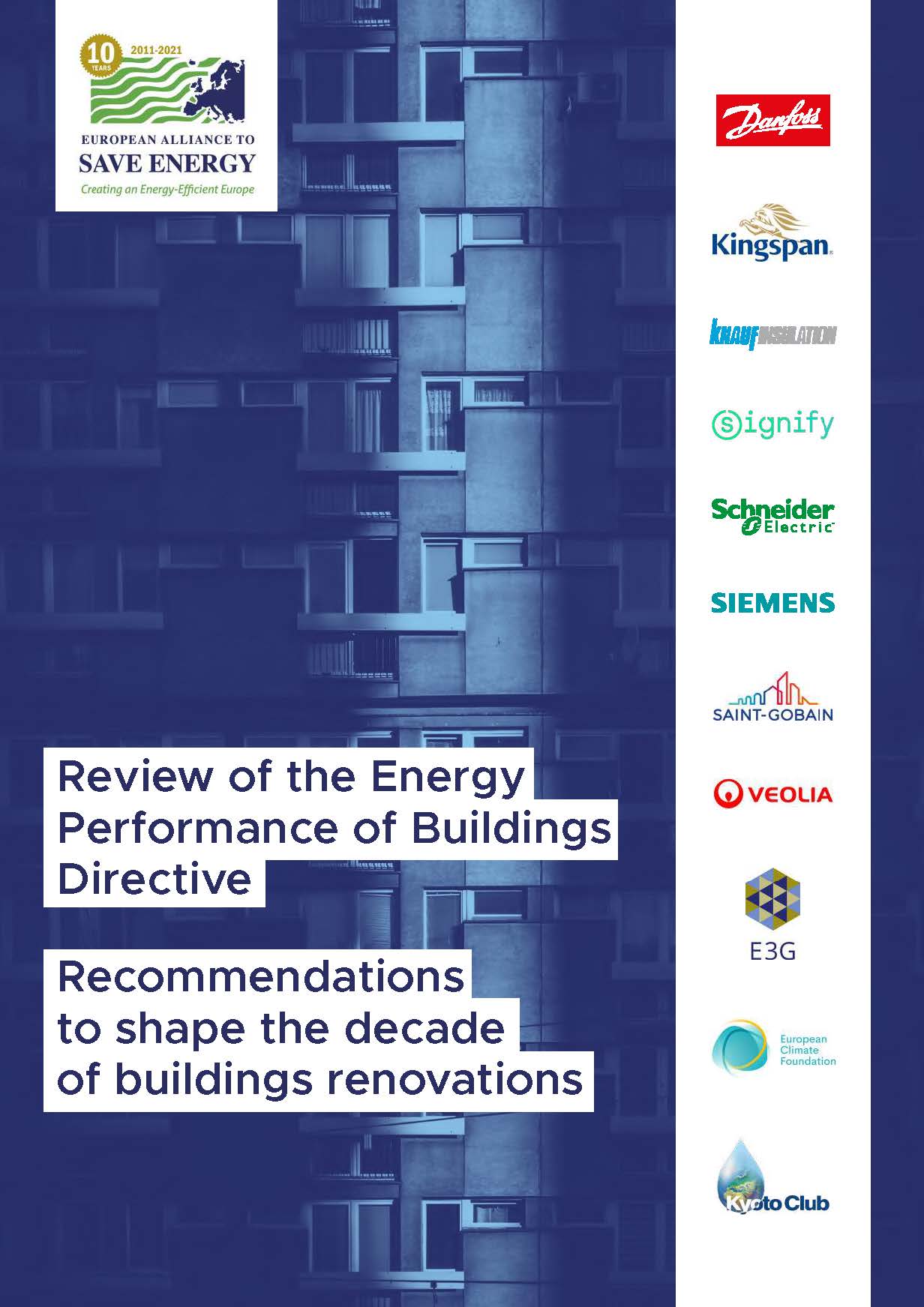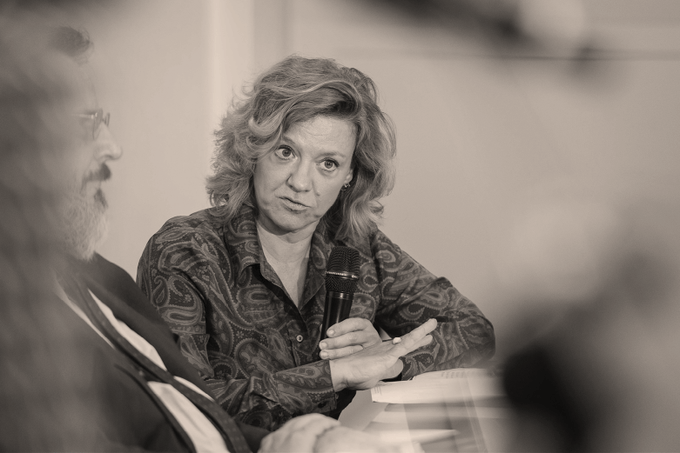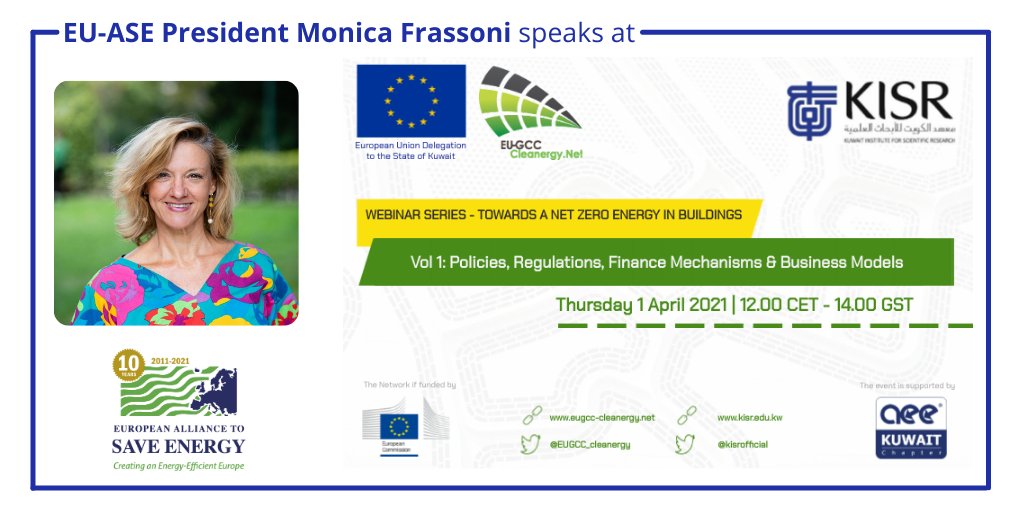High-level discussion on Spain’s recovery plan

EU-ASE and the Grupo Español para el Crecimiento Verde hosted an event on Next Generation EU and Spain
On Thursday 22 April (10:00-12:15 CET) we organised, together with the Grupo Español para el Crecimiento Verde, a high-level discussion on the Spanish Recovery and Resilience plan.
The aim of the event was, on the one hand, to analyse in depth how the expectations of the Government and different areas of the Administration regarding the Next Generation EU funds fit with the capacities of the industry and the private sector. On the other hand, to learn in detail about the mechanisms that will be used to channel projects funding.
The webinar Plan de recuperación, resiliencia y sostenibilidad social y ambiental para salir de la crisis saw the participation of representatives of the Spanish government and regional and local authorities.
The event was held in Spanish (no translation provided).
In a fast-changing political and economic environment, 2025 was a year of continued efforts to strengthen security, stability, and competitiveness for European businesses.
Throughout the year, our work demonstrated that energy efficiency is not only essential to achieving climate goals, but also a key driver of innovation, energy independence and sustainable long-term growth across Europe.
Strong engagement with policymakers, combined with the successful organisation of the 4th European Energy Efficiency Day, highlighted the importance of collaboration and dialogue in advancing shared objectives. Partnerships across sectors and institutions remained central to delivering impact and shaping effective energy policies.
Looking ahead to 2026, we will intensify our efforts to secure the regulatory certainty that can accelerate the energy transition, while providing businesses with the investment confidence they need and strengthening Europe’s competitiveness.
Read the full Activity Report here.





